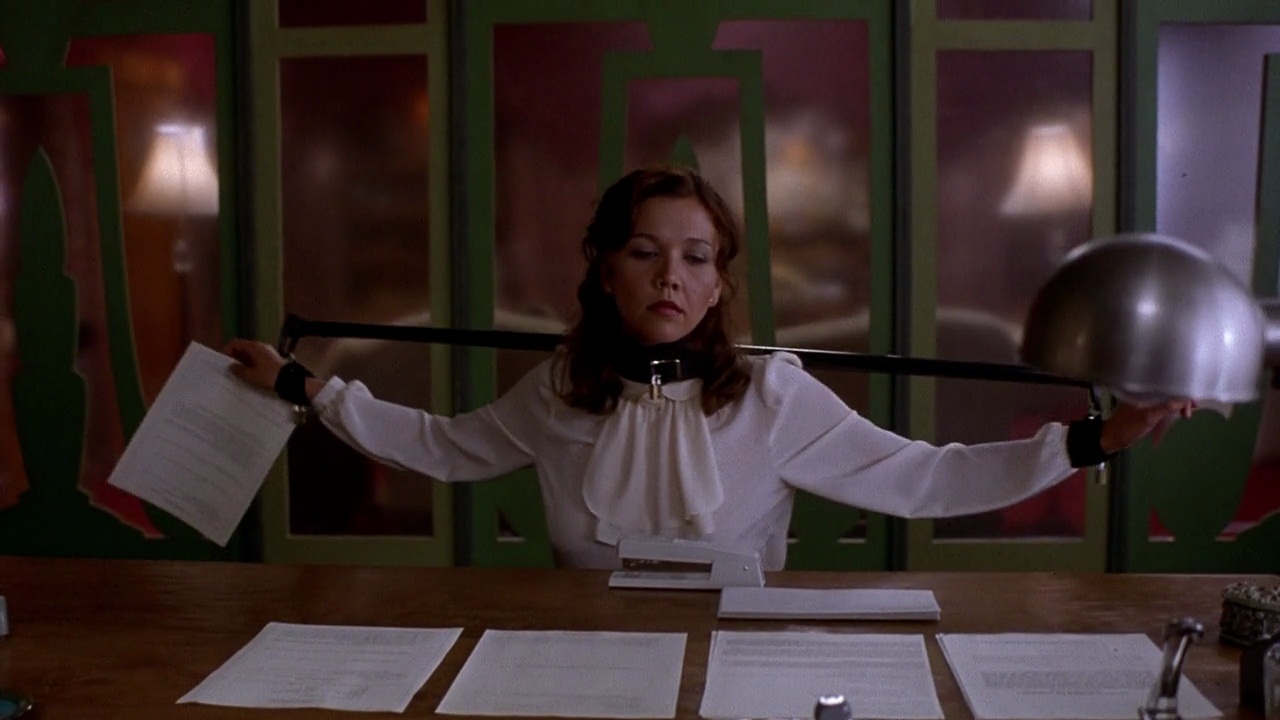
Phantom Thread is another great film in Paul Thomas Anderson’s already stellar track record as a filmmaker. It’s also somewhat of a departure for him. There are definitely similarities between Phantom Thread and his previous films, but his latest feels noticeably distinct. Anderson has publicly acknowledged his fondness for Turner Classic Movies, and nowhere in his filmography is that more clear than in Phantom Thread.
However, it isn’t just the love for classical cinema on display that makes Phantom Thread special. Anderson is no stranger to period pieces, and it isn’t even the furthest he has gone back in time (There Will Be Blood being the furthest). However, because it is a Paul Thomas Anderson film, we get the “classic film” filtered through his mind. As a result, Phantom Thread becomes a hybrid of a romance/gothic thriller/comedy in one film.
Here are 10 films you may enjoy watching after Phantom Thread’s charming bizarreness.
1. The Passionate Friends (1949)
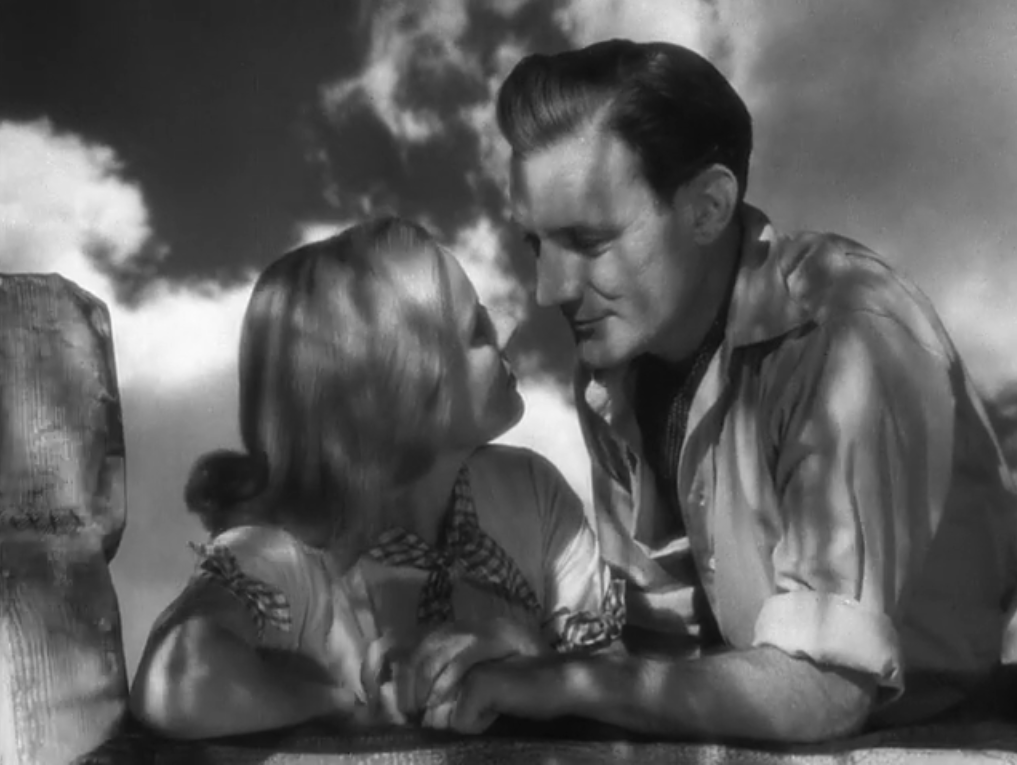
In an interview conducted for The Directors Guild of America, Paul Thomas Anderson told Rian Johnson one of his many influences for the making of Phantom Thread was the underrated David Lean film The Passionate Friends.
David Lean is remembered primarily because of the big epics that came later in his career, and his early romance film Brief Encounter. However, The Passionate Friends is something of a hidden gem in his filmography. It tells the story of a love triangle; an audacious story for its time.
The influence of Lean’s film can be felt on Phantom Thread, most notably in the New Year’s Eve sequence; Lean and Paul Thomas Anderson use the holiday party not only as a way to advance the story, but to showcase their magnificent sets.
2. Brief Encounter (1945)
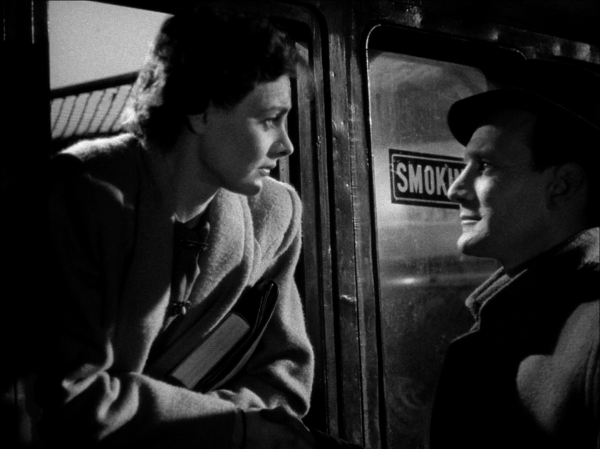
You may be wondering why this list is mentioning two David Lean films. The reason is simple: they are both great romance dramas that still feel fresh. Brief Encounter is the more famous of the two mentioned on this list, but they’re both very noteworthy for their depictions of adults secretly falling in love.
What makes a romantic film like Brief Encounter stand apart is the way the characters are serious adults, yet when they fall in love they become surprisingly vulnerable. Similarly in Phantom Thread, after falling in love Alma tells Reynolds, “Whatever you do, do it carefully.” This would be a corny line if it weren’t set up so well beforehand; these characters are in love with each other, and because of their severe English stoicism they refuse to show anyone else their vulnerability.
3. Rebecca (1940)

Hitchcock’s Rebecca (in addition to other films in his oeuvre like Rear Window) was a film frequently mentioned by Paul Thomas Anderson while promoting Phantom Thread. We can easily see why: in both films we never get the sense that love is the final stage for a relationship.
In fact, the real challenge comes after the honeymoon stage is over. Specifically, both films deal with the difficulty presented to a relationship when one person is still grieving over losing someone very close. In Rebecca, that person is a previous spouse. In Phantom Thread, that person happens to be Reynolds’ dear mother, a woman he seems to have an almost unhealthy obsession with.
4. The Chambermaid Lynn (2014)
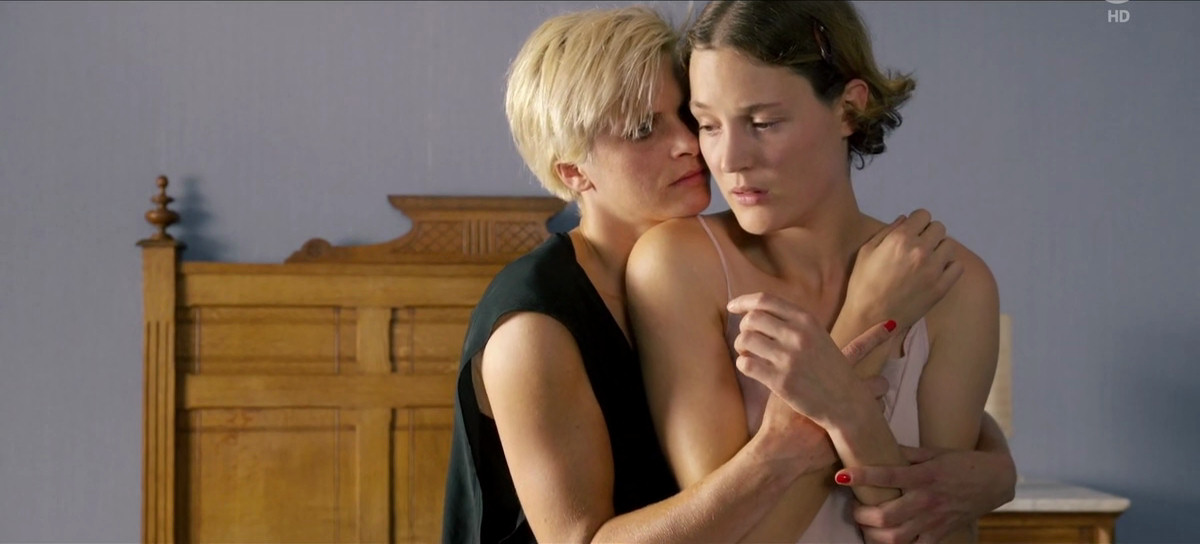
Phantom Thread is a fantastic film not just because of featuring another excellent Daniel Day Lewis performance (no surprise there), it also happens to star a brilliant performance by an actress not very many people knew about beforehand, Vicky Krieps.
One of the films that led Paul Thomas Anderson to cast a nearly unknown performer from Luxembourg was The Chambermaid Lynn. In an interview Anderson explained, “She was in this German film I’d seen called The Chambermaid – she has one of those faces that turns in about 45 directions at once. What I mean is, you look at her one way and she could not look more awkward; then she turns slightly and, suddenly, she looks stunningly beautiful. Then you her from a third angle and it’s like: ‘Does she love me or is she going to poison me?’”
5. Yves Saint Laurent (2014)
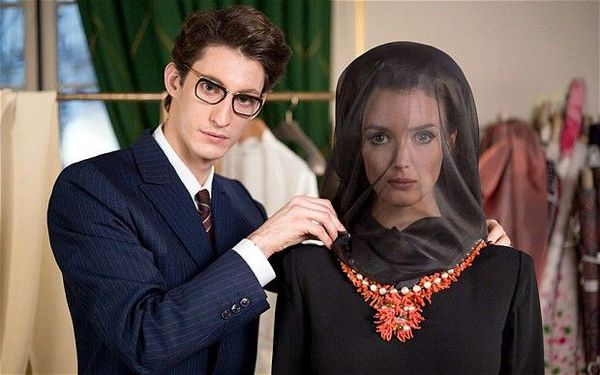
For those of you that may have been disappointed that Phantom Thread doesn’t feature more of the fashion world you were hoping for, look no further.
Yves Saint Laurent benefits from being not only a great look at the fashion world, but it’s also based on a real person. Whereas Paul Thomas Anderson’s character Reynolds Woodcock is a composite figure of several different designers he was interested in, Yves Saint Laurent commits to telling the story of one of the most important French designers ever.
His life is so rich there were two films about Yves Saint Laurent released in the same year (the other film being Saint Laurent). Yves Saint Laurent is considered the better film in some circles: it’s the less exploitative, more formal film of the two.